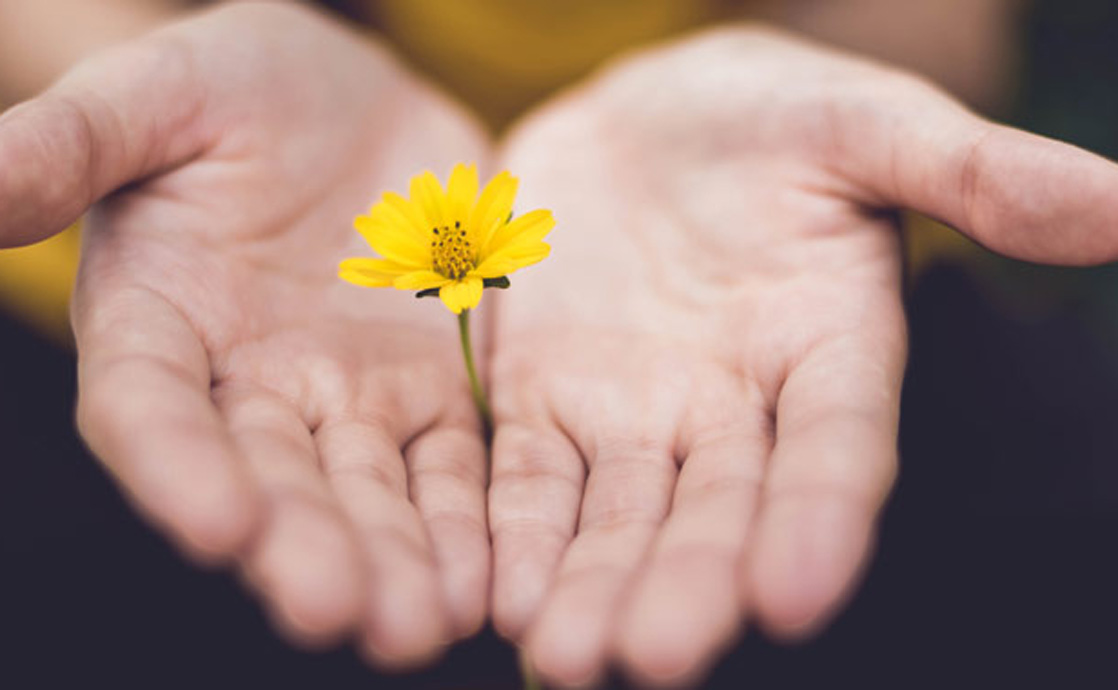Throughout history, the concept of generosity has been lauded and revered, transcending cultural and temporal boundaries. The Bahá’í teachings, rooted in a profound understanding of human potential, illuminate the intrinsic connection between generosity and the human soul. This exploration delves into the multifaceted nature of giving, revealing how it not only enriches the recipient but also profoundly transforms the giver, thereby fostering a spiritually fulfilling life.
Understanding Generosity in the Bahá’í Context
At its core, the Bahá’í perspective on generosity transcends mere material giving. Generosity encompasses a range of actions and intentions aimed at alleviating the needs of others, fostering a sense of community, and nurturing the bonds of kinship among humanity. In this context, giving is viewed as an expression of love and empathy, reinforcing the interconnectedness of all beings.
Moreover, Bahá’í teachings emphasize that true generosity must be devoid of expectation. It should stem from a genuine desire to uplift others, irrespective of personal gain. This selfless act of giving—whether it be a smile, time, resources, or wisdom—exemplifies the highest attributes of the human spirit.
The Psychological Impact of Generosity
Generosity’s psychological reverberations are significant. Engaging in acts of kindness and giving tends to evoke positive emotions, fostering mental well-being. Research corroborates the notion that altruistic behaviors are closely associated with increased levels of happiness and fulfillment. Engaging in generosity alters one’s cognitive framework, redirecting focus from self-centered concerns to a broader perspective centered on the welfare of others.
In the Bahá’í context, this shift in mindset is vital. It aligns the individual with the divine attributes of God, as generosity is considered an innate quality that reflects the oneness of humanity. When individuals engage in charitable acts, they experience a deepened sense of purpose—an urge to contribute to the well-being of others becomes an indelible part of their identity.
The Spiritual Dimensions of Giving
The Bahá’í teachings articulate a compelling connection between generosity and spirituality. Giving is portrayed not just as an ethical imperative but as a precursor to spiritual growth. Individuals who engage in acts of generosity often find themselves more attuned to the divine essence that permeates existence.
This spiritual dimension is multi-layered. When individuals give, they exercise their spiritual faculties, such as love, compassion, and empathy. Such qualities resonate with the innate nature of the soul, facilitating a deeper connection to God and a larger community. Through acts of service, individuals can transcend their ego narratives, experiencing a sense of unity with the divine and with humanity at large.
Generosity as a Catalyst for Community Building
Generosity serves as an essential catalyst for community building, cultivating bonds that transcend superficial differences. In Bahá’í communities, collective acts of generosity create an environment conducive to nurturing fellowship among diverse individuals. It fosters an inclusive atmosphere where collaboration and cooperation flourish, laying the groundwork for a more harmonious society.
This communal aspect of generosity not only enhances social cohesion but also raises collective consciousness. When individuals come together to support one another, they embody the principle of oneness inherent in Bahá’í teachings. Generosity becomes a unifying force that transcends individual capabilities, allowing for a more profound, synergistic impact on society.
Challenges to Embracing Generosity
Despite its numerous benefits, many encounter challenges in fully embracing the practice of generosity. Societal norms often prioritize individualism, leading to a reluctance in sharing resources. Additionally, fear of inadequacy or judgment may inhibit individuals from extending generosity, as they grapple with the notion of self-worth in relation to others.
Addressing these challenges requires a transformative shift in mindset. The Bahá’í teachings advocate for the view that the act of giving should not be contingent upon material abundance or perceived social status. Every individual has the capacity to give—be it through small acts of kindness or through significant contributions to the welfare of others. By reframing generosity as an inclusive practice, individuals can transcend these barriers and foster an environment that nurtures compassion and understanding.
The Personal Journey of Generosity
Engaging in a personal journey of generosity necessitates introspection and an examination of one’s values. It involves actively seeking opportunities for giving, whether through volunteerism, mentorship, or everyday acts of kindness. Setting intentions centered on altruism can yield transformative effects, reinforcing the notion that small actions can lead to substantial societal change.
Additionally, embracing gratitude as a foundational principle can enhance one’s capacity for generosity. Recognizing the abundance in one’s life can motivate individuals to share their blessings, fostering a reciprocal cycle of giving. Gratitude and generosity are intertwined, creating a holistic approach to human interaction that enriches both the giver and the recipient.
Conclusion: The Enduring Legacy of Generosity
In essence, the Bahá’í perspective on generosity offers profound insights into its transformative power. By fostering a spirit of giving, individuals can illuminate their souls—unlocking greater potential for love, compassion, and connection within themselves and with others. As we embark on this noble path, we not only contribute to the upliftment of humanity but also engage in a lifelong journey of spiritual enrichment and fulfillment. The act of giving, therefore, transcends the confines of material exchange, evolving into a sacred and enduring legacy that resonates through the corridors of our shared existence.
